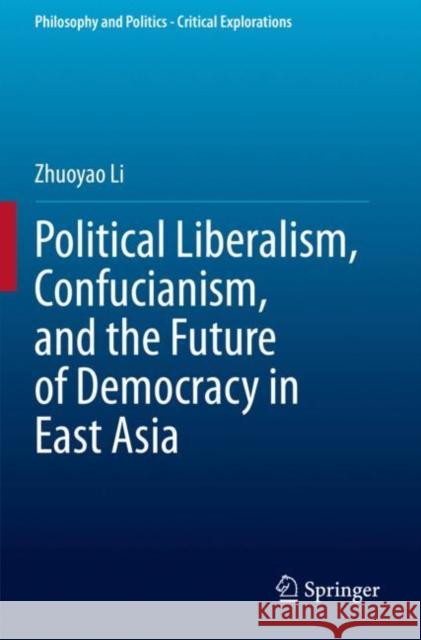Political Liberalism, Confucianism, and the Future of Democracy in East Asia » książka
topmenu
Political Liberalism, Confucianism, and the Future of Democracy in East Asia
ISBN-13: 9783030431181 / Angielski / Miękka / 2021 / 206 str.
Political Liberalism, Confucianism, and the Future of Democracy in East Asia
ISBN-13: 9783030431181 / Angielski / Miękka / 2021 / 206 str.
cena 342,95
(netto: 326,62 VAT: 5%)
Najniższa cena z 30 dni: 327,68
(netto: 326,62 VAT: 5%)
Najniższa cena z 30 dni: 327,68
Termin realizacji zamówienia:
ok. 22 dni roboczych.
ok. 22 dni roboczych.
Darmowa dostawa!
Kategorie BISAC:
Wydawca:
Springer
Seria wydawnicza:
Język:
Angielski
ISBN-13:
9783030431181
Rok wydania:
2021
Wydanie:
2020
Numer serii:
000790662
Ilość stron:
206
Waga:
0.31 kg
Wymiary:
23.39 x 15.6 x 1.17
Oprawa:
Miękka
Wolumenów:
01
Dodatkowe informacje:
Wydanie ilustrowane











